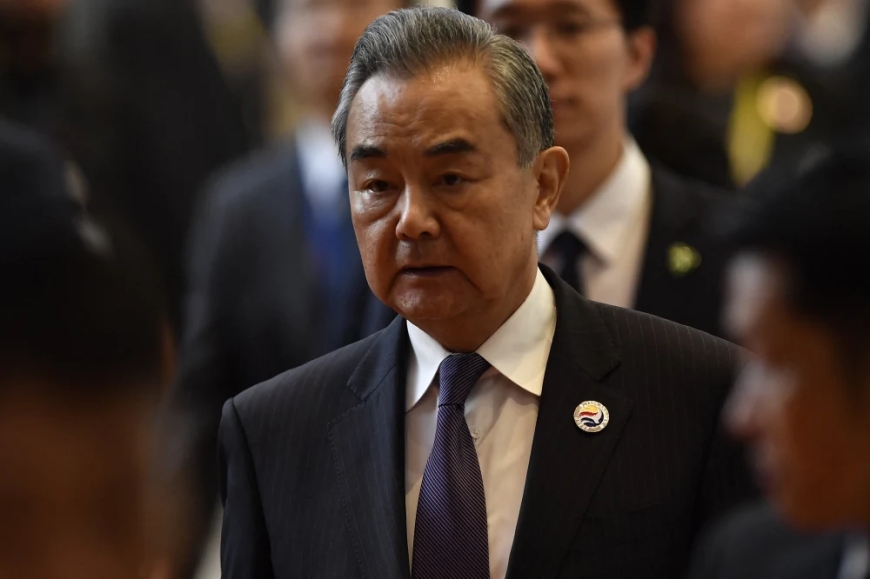Wang Yi condemned the strike, which took place on July 31, asserting that it violated Iran’s sovereignty and posed a serious threat to regional stability. Both Iran and Hamas have accused Israel of orchestrating the assassination, although Israel has neither confirmed nor denied responsibility. The killing of Haniyeh, a significant figure within the Palestinian Islamist group, has sparked fears of a broader conflict in the region, with Iran vowing to retaliate against Israel.
During the call, Wang expressed China’s stance that the assassination had not only endangered the fragile ceasefire negotiations in Gaza but also undermined peace and stability across the Middle East. He affirmed that China would continue to support Iran’s efforts to protect its sovereignty and maintain regional security, pledging to keep close communication with Tehran on these critical issues.
This latest exchange highlights the deepening diplomatic ties between China and Iran, as both nations seek to navigate a complex geopolitical landscape marked by ongoing conflicts and shifting alliances. As tensions continue to rise, China’s role in the Middle East is increasingly coming into focus, with Beijing positioning itself as a key supporter of Iran’s sovereignty and a potential mediator in the region’s disputes.
In a related development, Iranian President Masoud Pezeshkian has nominated Abbas Araqchi as the new foreign minister. Araqchi, who served as Iran’s chief negotiator in nuclear talks from 2013 to 2021, is expected to play a crucial role in shaping Iran’s foreign policy amid the escalating tensions.














































